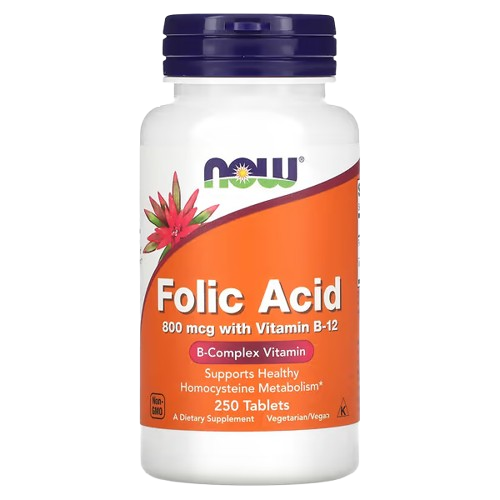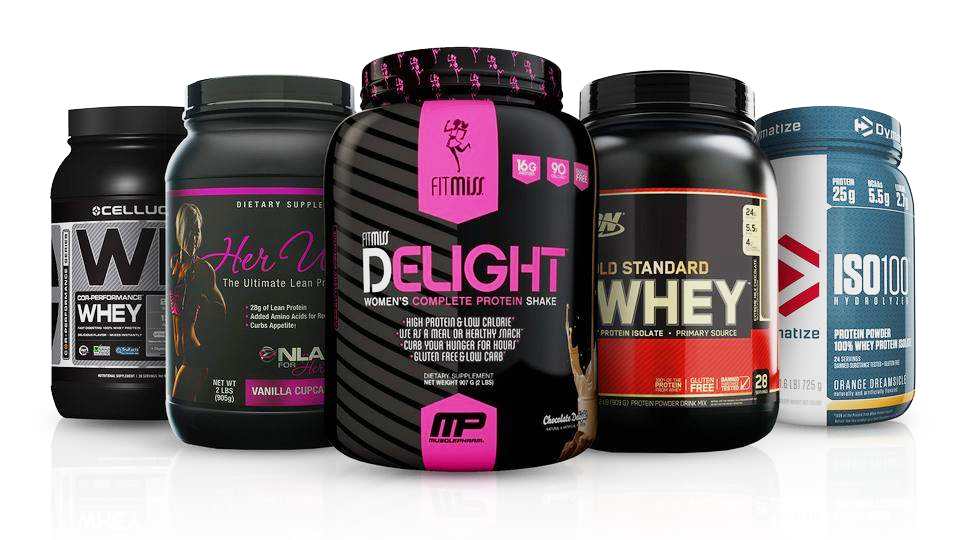What vitamins should not be taken together with folic acid?
Zinc and folic acid should not be taken together in high doses, as zinc may interfere with folic acid absorption. Folic acid is generally safe to take with most vitamins, but some combinations may reduce its effectiveness or cause other issues, for instance, vitamin B12 levels should be monitored when taking folic acid, as folic acid can mask the symptoms of vitamin B12 deficiency, potentially leading to nerve damage if the deficiency goes unnoticed.
It’s also important to avoid taking too much vitamin A with folic acid, as excessive vitamin A can lead to toxicity. Lastly, it’s recommended to space out the intake of calcium supplements and folic acid because high doses of calcium may hinder the body’s ability to absorb folic acid efficiently.
Always consult with a healthcare provider before combining supplements to ensure they work together safely and effectively.
How Folic Acid Interacts with Other Supplements: What You Need to Know

Folic acid is an essential B vitamin, especially for women of childbearing age, as it helps with fetal development and supports overall health. However, some vitamins and minerals may interfere with its effectiveness or create imbalances when taken together.
One key interaction to be aware of is between folic acid and zinc. High doses of zinc may reduce the absorption of folic acid, so it’s important to avoid taking large amounts of both supplements at the same time. This doesn’t mean you can’t take zinc and folic acid together, but it may be best to space them out throughout the day to avoid absorption issues.
Another important vitamin to consider is vitamin B12. Folic acid can mask a deficiency in vitamin B12 by correcting certain blood abnormalities while allowing nerve damage caused by a lack of B12 to go undetected. Over time, a severe B12 deficiency can lead to neurological issues, so it’s crucial to monitor B12 levels when taking folic acid, especially for those at risk of deficiency, such as vegetarians or older adults.
Taking too much vitamin A with folic acid should also be avoided. While both nutrients are essential, high doses of vitamin A can lead to toxicity and other health problems, so it’s important to take them in the recommended amounts.
Lastly, large doses of calcium supplements can interfere with the body’s ability to absorb folic acid. It’s best to take calcium supplements and folic acid at different times of the day to avoid any potential interaction.
As always, it’s important to consult a healthcare provider when taking Folic Acid with other vitamins, to ensuring proper dosing and timing.


